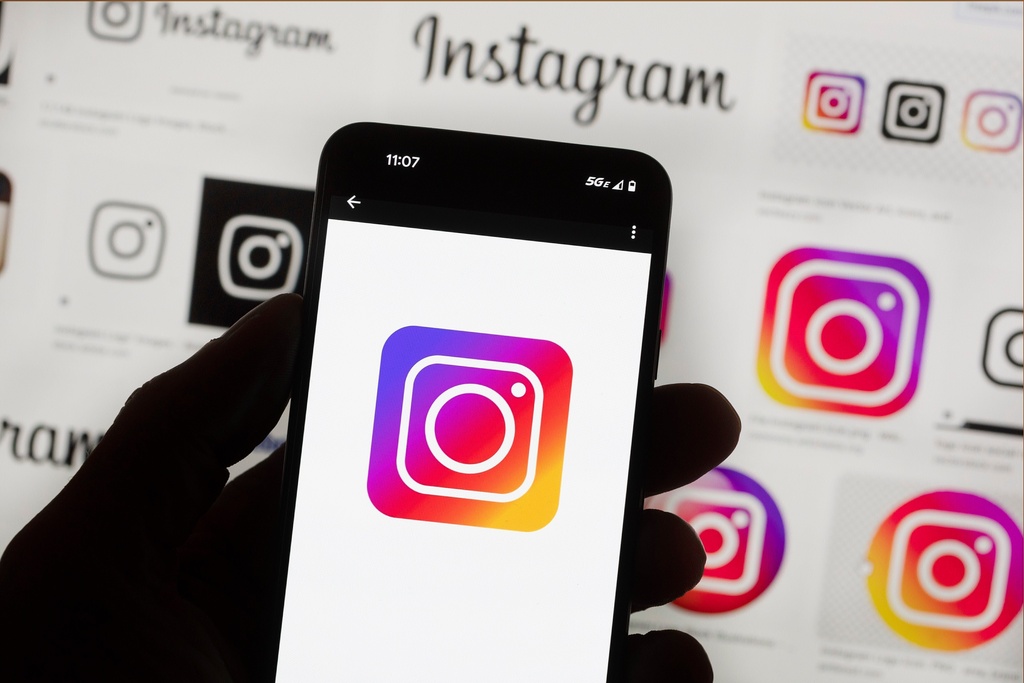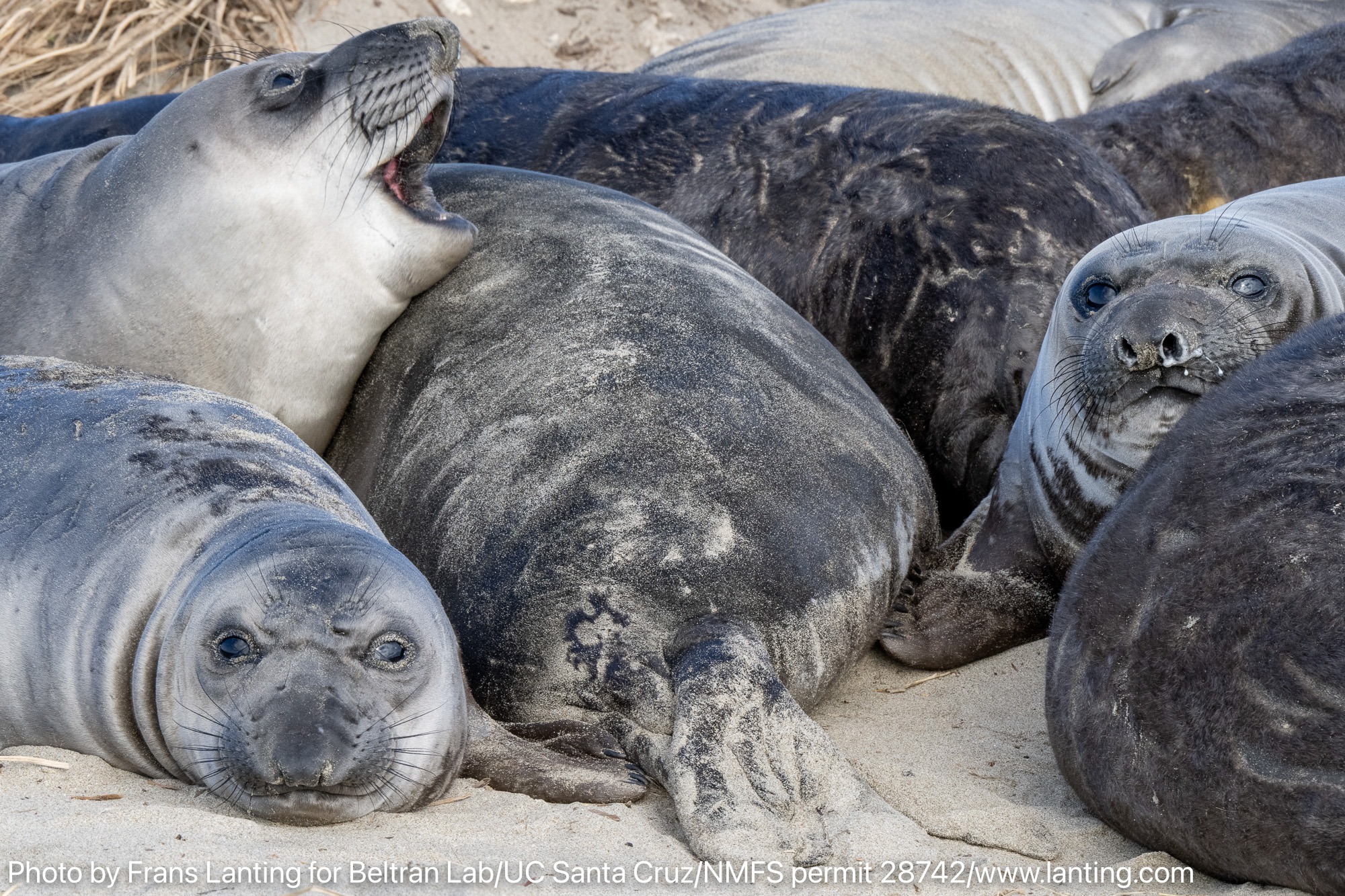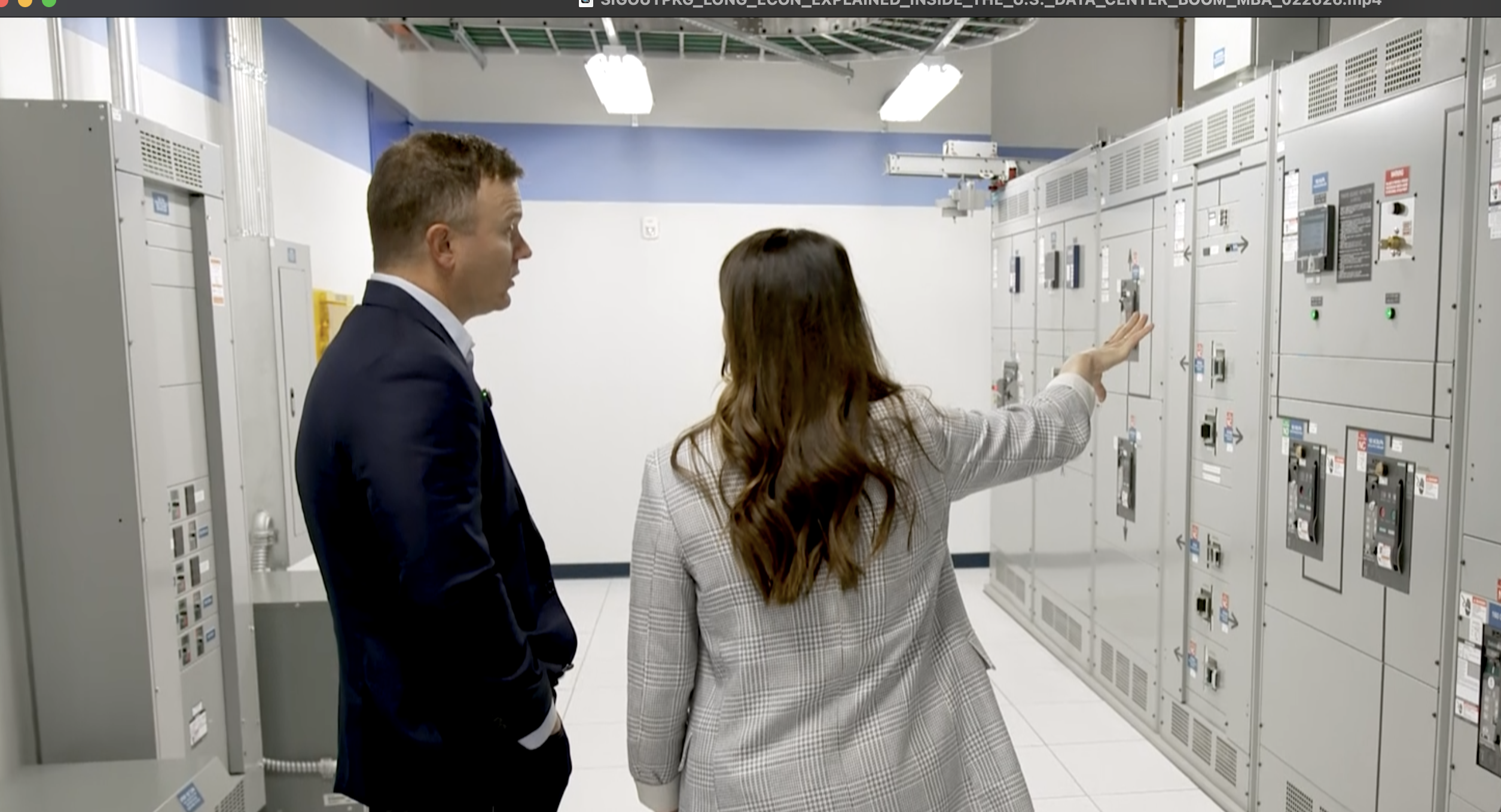Sustainable living is hard enough. Now add the pressures of a global pandemic and all bets are off. So we tracked down some experts and asked: What makes recycling so difficult?
"Unfortunately, at this point, plastic recycling is a very difficult proposition and does not work the way that it’s been kind of sold to us," Jocelyn Quarrell, the CEO and owner of Go Box, said. "There’s a bunch of different types of plastics, and that’s one of the challenges of how do we devise a system that is able to handle all of these different materials that often come mixed together."
"For example, it's a bad idea, although people do it, to put their recyclables in a plastic bag," Peter Wright, the assistant administrator of the EPA’s Office of Land and Emergency Management, told Newsy. "I mean, it's convenient, but they'll put it in a plastic bag and then they'll put that in the recycling bin. And the problem with that plastic bag is it can be recycled if it's recycled separately. If it's put in the sort of the universal bin, you know, there’s that chance that that plastic bag, for example, will get caught on the recycling equipment at the recycling facility. If you can remove food particles from anything that you're recycling, food or beverage, you know, the cleaner it is, the better."
"Think about the recycling before you buy things," Alexander Furey, the founder of Zero Waste Mindset, said. "So the dos and don'ts are: Don't buy items that can't be recycled or don't buy things that come in packaging that can't be recycled."
View more videos from our series "Simple Steps to Sustainability," where experts from around the world give us their tips and tricks on how to live more sustainably.




 Is Hitting A 50% Recycling Rate Realistic?
Is Hitting A 50% Recycling Rate Realistic?






